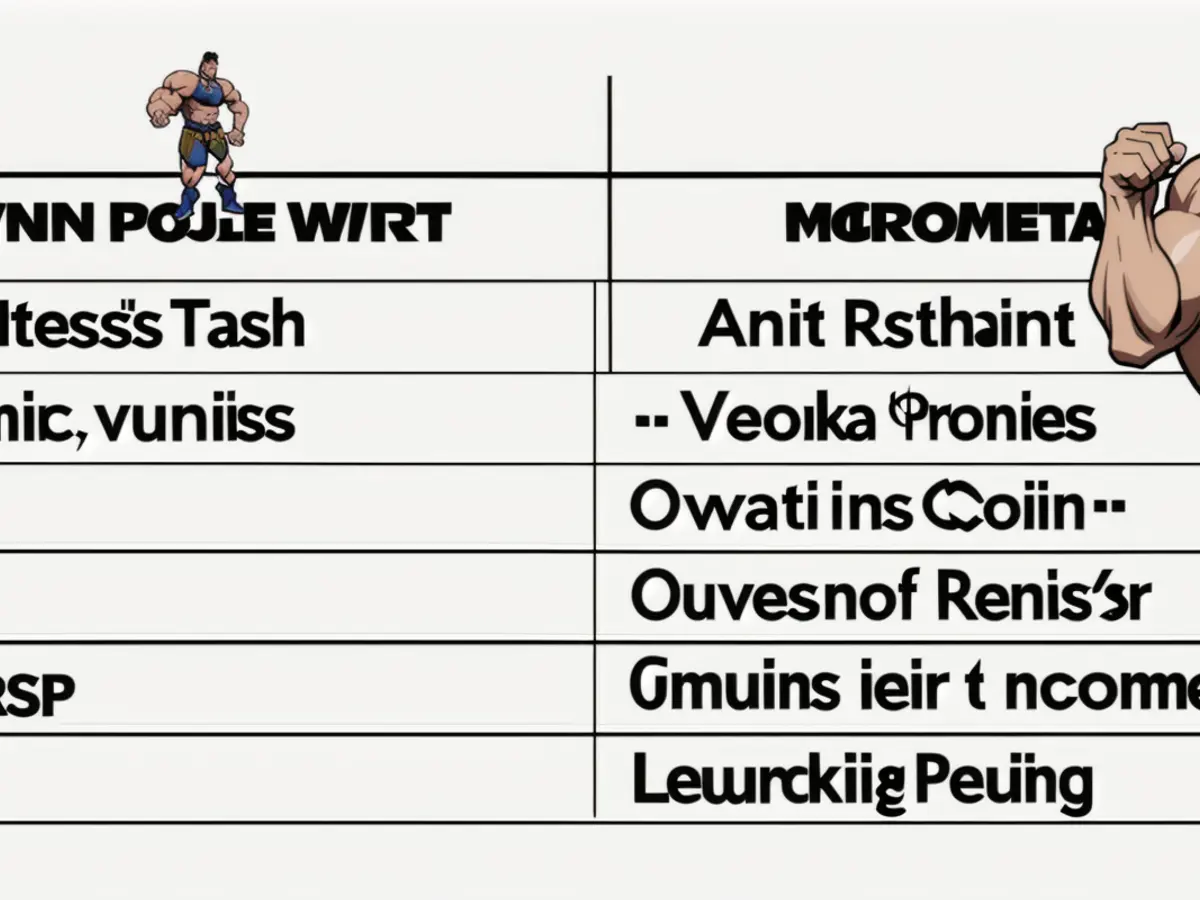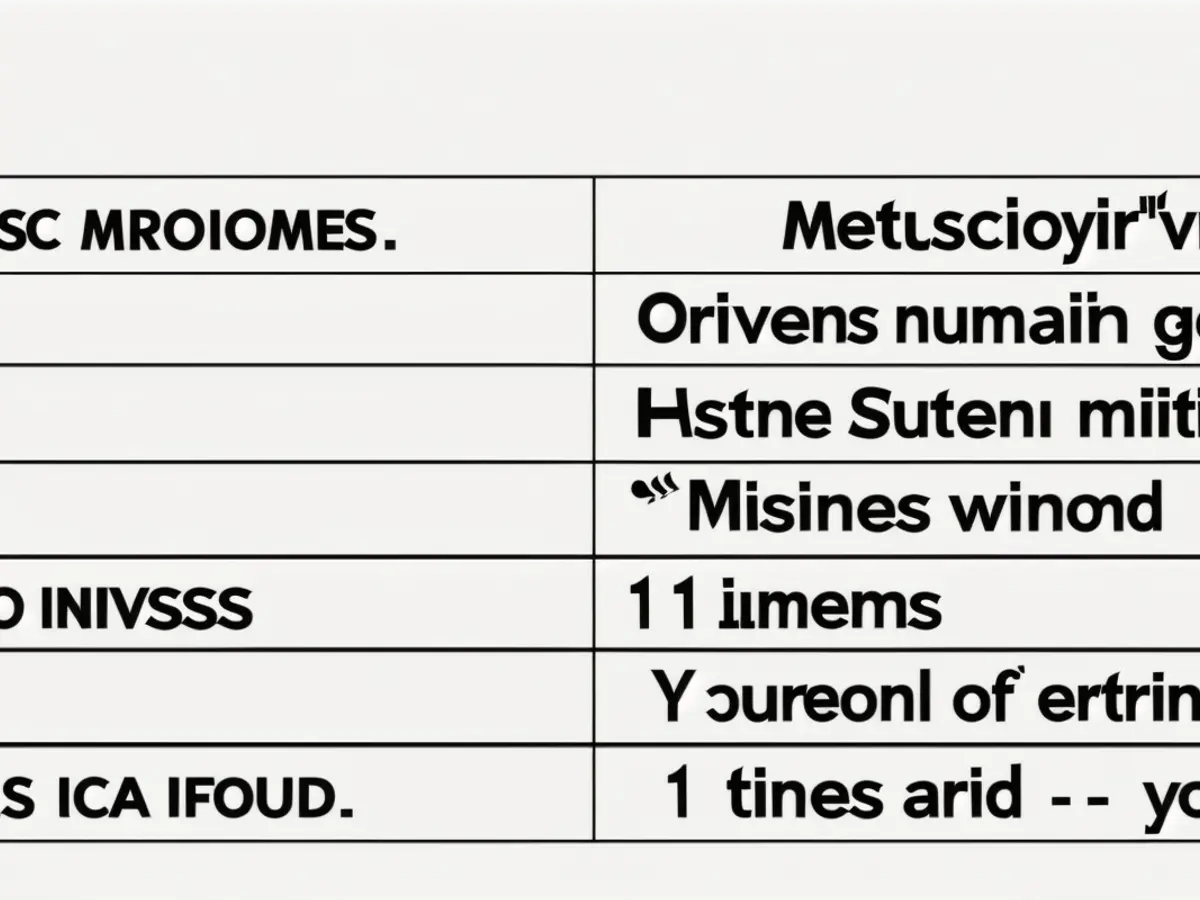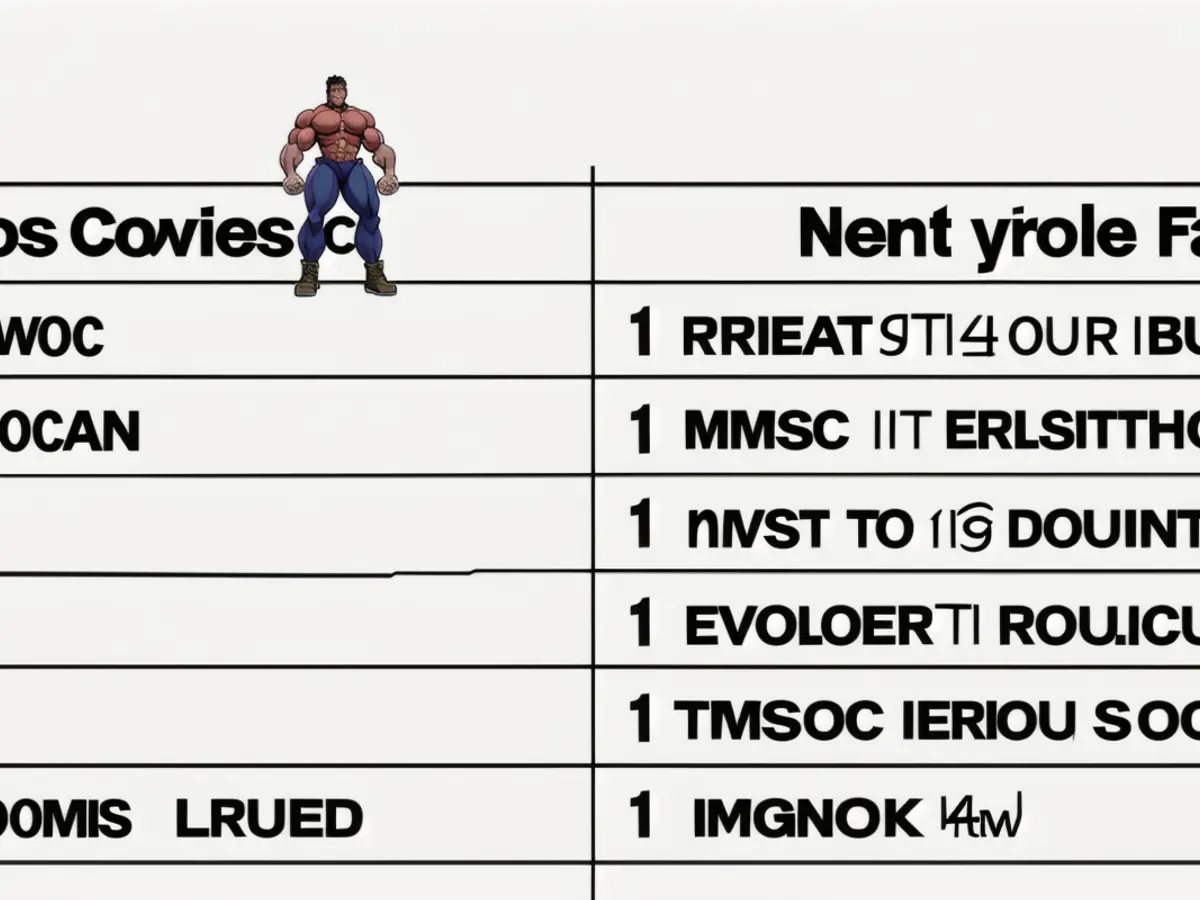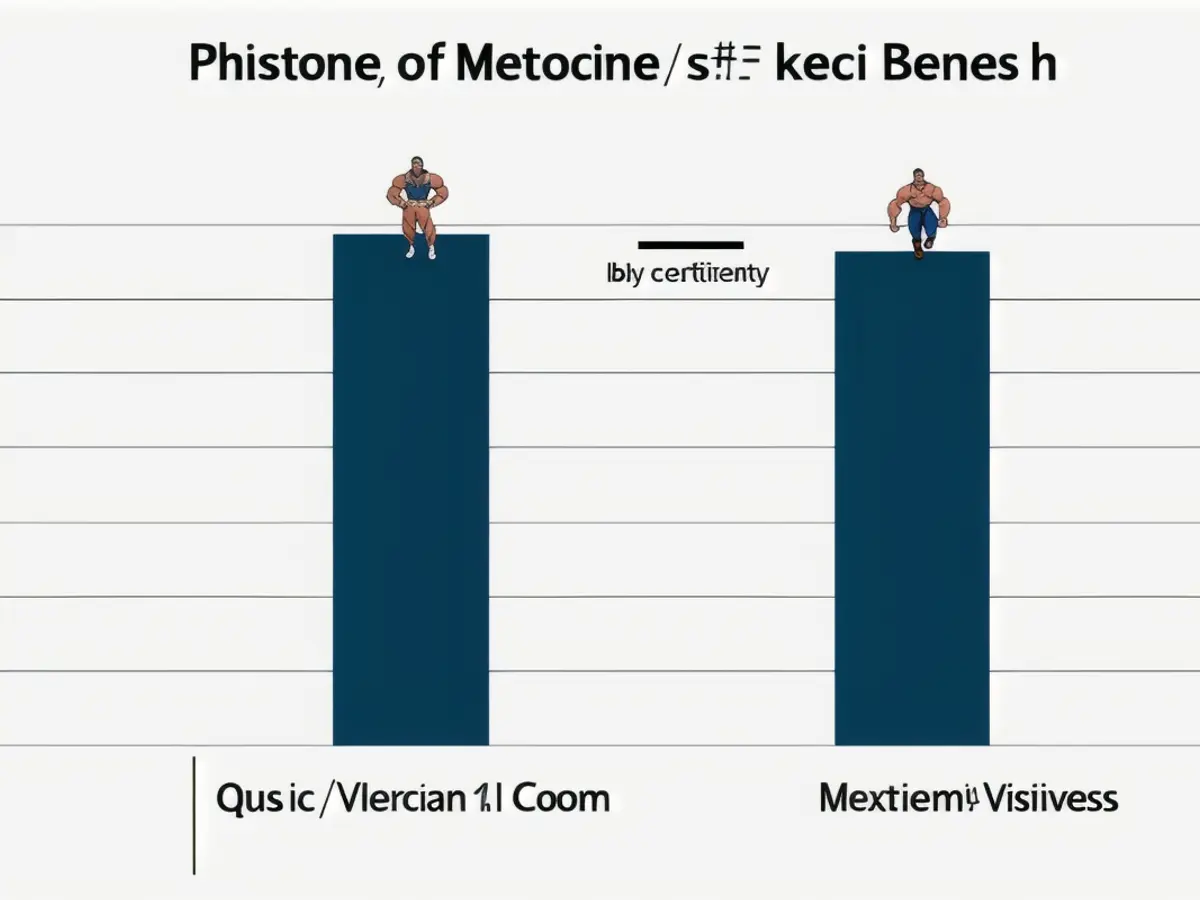Is there a Superior Leadership Approach Compared to Others?
Leadership Styles: A Fresh Look
Over the years, Zenger Folkman, a leadership development firm, has consistently advocated for diverse leadership styles, each suiting unique organizational needs. In an attempt to test the validity of their initial findings, the firm conducted a landmark study. Despite some beliefs about one leadership style being superior, the results suggested otherwise.
Today, after 25 years, the research team delved into their global database of leaders to identify four distinct leadership styles—Expert, Connector, Driver, and Strategist—based on their unique attributes and approach to leadership. These styles were chosen for their prevalence in organizational leadership and their obvious distinction.

Leadership Styles Breakdown
The Expert

Expert leaders shine through their exceptional technical knowledge and problem-solving abilities. They consistently demonstrate innovative thinking and are adept at tackling complex challenges. Their analytical rigor and industry savvy make them highly valuable in tech-driven sectors, especially during transformative periods. While they may not prioritize relationship-building, their credibility hinges on their demonstrated mastery and ability to guide teams through technical hurdles.
The Connector

Connector leaders excel at building strong organizational relationships, fostering cohesive, collaborative environments, and nurturing talent. They create inclusive workplaces where diverse perspectives are welcomed. While they may fall short in terms of driving immediate results, their ability to build engaged, loyal teams often ensures sustained organizational success through a strong cultural foundation and high employee retention.
The Driver

Driver leaders are savvy at achieving results and meeting objectives. Their exceptional focus on results and strategic execution drive rapid performance improvement in organizations. They consistently push teams toward higher standards, demonstrating strong initiative and decision-making capabilities. Although they may not prioritize innovation, their ability to mobilize resources effectively makes them invaluable during times requiring swift performance improvement.
The Strategist

Strategist leaders distinguish themselves through their forward-thinking approach and keen understanding of market dynamics and customer needs. Their strategic perspectives and deft handling of change initiatives position their organizations for future success. While they may not focus on developing others, their ability to anticipate shifts and adapt proactively makes them vital during market transformation or periods of strategic pivoting.
The Facts on Leadership Styles

Each leadership style contributes uniquely to organizational success, and their effectiveness depends significantly on the context. Zenger Folkman sought to determine the best leadership style, comparing over 4,377 leaders with above and below-average scores across the styles. Their findings hinted at the importance of having a few key competencies rather than prioritizing one style over the others. In essence, the good leader is skilled in a few crucial areas, while the ineffective leader lacks competence in several.
In conclusion, leadership effectiveness boils down to having a few proficient skills and no major flaws. The study underscores the necessity for leadership variety and the reality that there is no one-size-fits-all leadership mold. A leader's style emerges from a blend of personal preferences, experiences, intellectual prowess, and luck. The ultimate question for any leader is: which competencies can you leverage to stand out and thrive within your organization?
Additional Insights
Effective leadership styles include authenticity, courage, empowered leadership, and directive leadership. Each style plays a crucial role in enhancing overall performance and employee engagement. However, the effectiveness of these styles can vary depending on the organizational context, team dynamics, and the specific challenges faced by the leader.
- The research conducted by Zenger Folkman, a leadership development firm, identified four distinct leadership styles: Expert, Connector, Driver, and Strategist, each offering unique attributes and approaches to leadership.
- Folkman's study revealed that each leadership style contributes differently to organizational success, suggesting that having a few key competencies is crucial rather than prioritizing one style over others.
- The effectiveness of leadership styles, such as authenticity, courage, empowered leadership, and directive leadership, can vary depending on the organizational context, team dynamics, and specific challenges faced by the leader.



